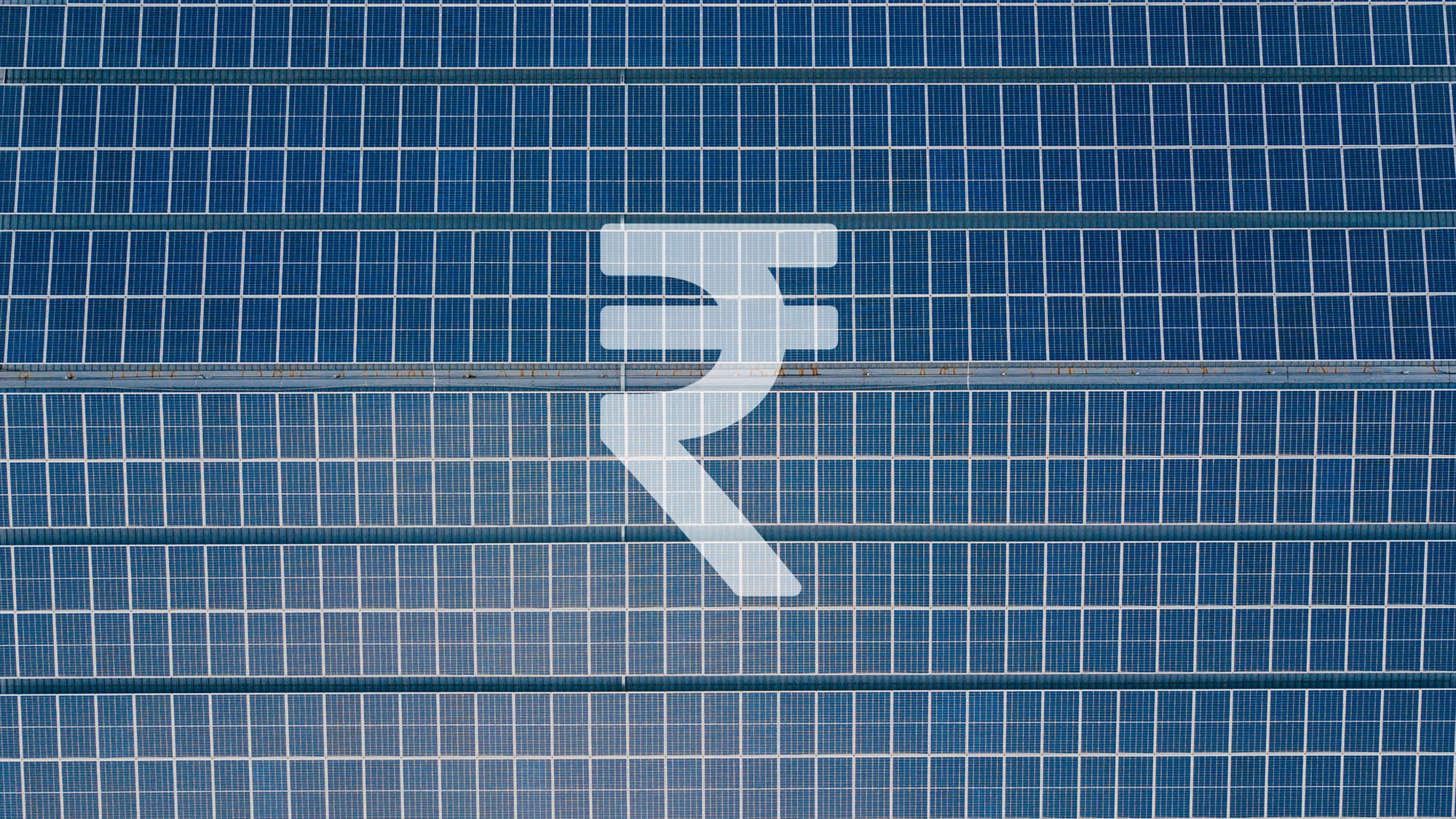
Cost benefits of solar power for residential and commercial customers
Using solar power as an alternative for electricity needs has become increasingly popular because of its cost saving potential, which benefits both residential and commercial customers. Two main factors that highly impact the saving in solar power are: the decreasing cost of solar technology and the ability to generate electricity onsite.
In the past decade the cost of traditional electricity has gone up by 70% for residential customers and 30% for commercial ones while the cost of solar technology has been steadily declining over the years, making it more accessible and affordable for homeowners and businesses. According to the National Renewable Energy Laboratory (NREL), the cost of solar photovoltaic (PV) systems has decreased by about 70% since 2010.
As the cost of traditional way electricity generation continues to rise, many residential and commercial customers are looking to solar power as a way to save on their energy bills.
For residential customers, installing solar panels on a home can lead to significant savings over time. Homeowners can avoid the high expenses involved with buying electricity from an utility company by generating their own electricity. In some cases, homeowners can even generate enough electricity to sell back to the grid, further reducing their energy bills and even monetizing it for them.
The average electricity bill savings achieved in India by utilising solar energy can vary greatly depending on a variety of factors, including the size of the solar panel system, the amount of sunshine received, and the regional electricity rates.
However, on average, homeowners in India can expect to save anywhere from 30% to 50% on their electricity bills by installing a solar panel system. In places with high electricity rates or regions with abundant sunshine, the percentage of savings could be higher.
It's important to note that the upfront cost of installing a solar panel system in India can be high, but the government has introduced a number of financial incentives and plans to encourage the use of solar energy, including subsidies and net metering policies. Also, solar panel prices have dropped significantly over the past few years, making them a more accessible and cost-effective choice for homeowners in India.
For commercial customers, the cost savings can be even greater. Solar power investments will help businesses reduce their energy costs significantly while also improving their bottom line. In addition to the direct cost savings, businesses that utilise solar power may also be eligible for tax credits, grants, and other financial incentives which can help offset the cost of installation.
Another benefit of solar power is its environmental impact. Solar power is a clean, sustainable energy source that doesn't emit any greenhouse gases or other pollutants. Customers can reduce their carbon footprint and help contribute to a more sustainable future by adopting solar power.
The savings on electricity bills by using solar energy for commercial users can vary widely based on several factors, including the size of the solar panel system, the quantity of sunlight the location receives, the type of business, the operating hours, and the regional electricity rates..
On average, commercial users in India can expect to save anywhere from 20% to 40% on their electricity bills by installing a solar panel system. Businesses that consume a considerable amount of electricity or operate during peak electricity tariff hours may get a higher percentage of savings.
Moreover, commercial users can take advantage of various financial incentives and schemes introduced by the government to promote solar energy adoption. For instance, the government offers accelerated depreciation benefits and allows businesses to claim a 30% capital subsidy on the cost of installing a solar panel system.
In addition to reducing energy costs, businesses that use solar energy can also benefit from improved customer satisfaction, enhanced brand image, and compliance with environmental regulations.
On the whole, solar power is a cost-effective and environmentally-friendly alternative to traditional energy sources. By investing in solar power, residential and commercial customers can save money on their energy bills, qualify for financial incentives, increase their property value and reduce system maintenance costs. Solar power can help to create significant long-term cost reductions and contribute to building a more sustainable future.

 Call us
Call us Contact
Contact  Whatsapp
Whatsapp  Solar
Solar